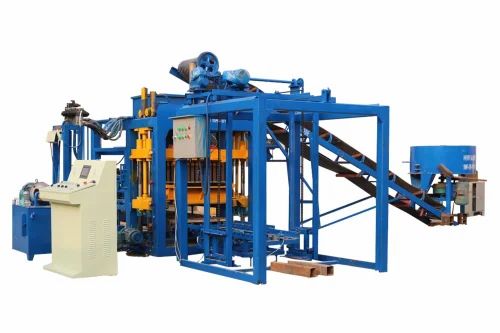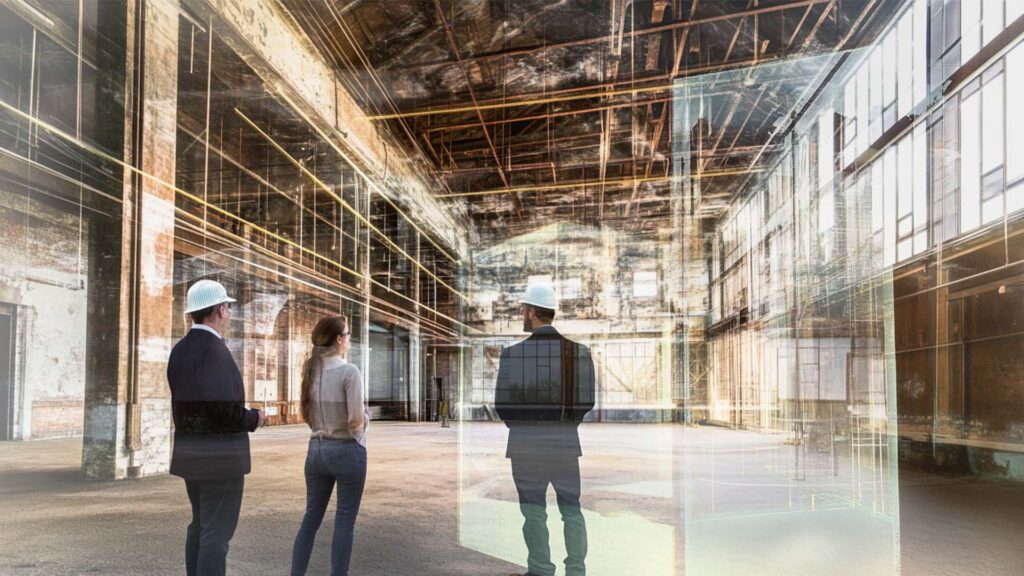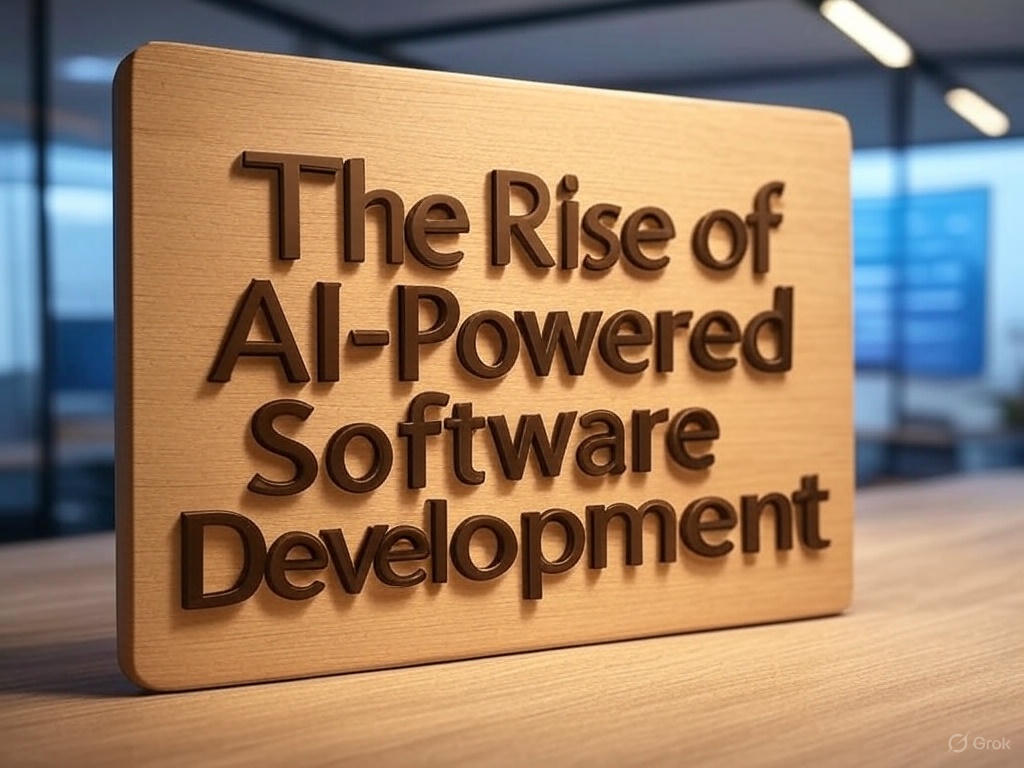Cement brick manufacturing involves mixing cement, aggregates, and water. This mixture is poured into molds, where it sets and hardens, forming cement bricks. The quality of bricks depends on the proportions of materials and the curing process. Consistent material mixture ensures uniform strength and durability of bricks.
Key Components of Cement Brick Making Machines
Cement brick making machines consist of several crucial components:
- Mixer: Combines cement, aggregates, and water evenly for a uniform mixture. Uniform mixing ensures the quality and consistency of each brick.
- Molds: Determines the shape and size of the bricks. High-quality molds ensure bricks with precise dimensions, reducing construction errors.
- Hydraulic Press: Applies pressure to the mixture in the mold, ensuring it compacts properly. Proper compaction enhances the strength and durability of the bricks.
- Conveyor Belt: Transports the mixed material to the molds. Efficient transport systems improve the production speed and workflow.
- Control System: Manages the machine’s operations, ensuring precise control over mixing, pressing, and curing processes. Advanced control systems improve operational accuracy and efficiency.
Understanding these components and their functions is vital for selecting a machine that meets production requirements and maintains the quality of cement bricks.
Factors to Consider When Choosing a MachineProduction Capacity Needs
Evaluating production capacity is crucial when selecting a cement brick making machine. The production needs should align with the machine’s capability to avoid operational inefficiencies. Machines typically have specific production ranges, from a few thousand bricks per day to several tens of thousands. Assess past production data and projected growth to determine the suitable capacity. Consider factors like shift durations and anticipated demand spikes.
Types of Cement Bricks Produced
Identifying the types of bricks needed is essential for choosing the right machine. Machines often specialize in producing different types of bricks, such as solid, hollow, perforated, or paving bricks. Solid bricks offer strength for structural applications, while hollow bricks provide better insulation and reduce material usage. Check machine specifications for mold options and adaptability to various brick sizes and designs. Matching machine capabilities to brick requirements ensures optimal production.
Machine Automation Level
Automation level impacts both efficiency and labor requirements. Fully automated machines offer higher precision and consistency with minimal human intervention, while semi-automatic machines blend manual and automated processes, requiring more human oversight. Assess the trade-offs between initial costs, maintenance, and labor savings with automated systems. Automated machines often feature advanced control systems for better process management and quality control.
Cost ConsiderationsInitial Purchase Price
Choosing a cement brick making machine involves understanding the initial purchase price. Entry-level machines start around $10,000, suitable for smaller-scale production. Mid-range machines, costing between $20,000 and $50,000, support medium-scale operations with higher output and better automation. Advanced machines, priced above $50,000, offer high production capacity, enhanced automation, and multiple brick types production. It’s important to balance the budget with needs to ensure optimal investment.
Maintenance and Operational Costs
Maintenance and operational costs are ongoing and influence overall profitability. Regular maintenance costs include spare parts, lubrication, and technician fees. For example, annual maintenance for a mid-range machine can be around $1,500. Operational costs involve energy consumption and labor. Machines with higher automation reduce labor costs but may have higher energy consumption. For instance, a fully automated machine might save on labor but incur energy costs up to $3,000 annually. Assessing these factors ensures sustainable operation and long-term benefits.
Choosing the Right SupplierManufacturer Reputation and Support
Choosing a reputable supplier matters. A well-known manufacturer with experience in the industry usually provides reliable products. They often have extensive customer feedback to validate their credibility. Checking customer reviews and ratings helps assess the quality of the manufacturer’s machines and their reputation. The supplier’s support system also plays a crucial role. Reliable technical support ensures that any issues with the machine get resolved quickly, minimizing downtime. Evaluate the manufacturer’s customer service by contacting their support team and observing their responsiveness and helpfulness.
Warranty and After-sales Service
Warranty coverage indicates a manufacturer’s confidence in their product. Look for suppliers offering comprehensive warranties that cover crucial components like the hydraulic system, electrical parts and molds. A warranty period of at least one year is ideal. After-sales service ensures ongoing support post-purchase. This includes maintenance services, spare parts availability and technical assistance. Assess the supplier’s after-sales service quality by reviewing customer feedback and directly inquiring about service provisions. Effective after-sales support can improve the machine’s longevity and performance, providing significant long-term benefits.
Conclusion
Choosing the right cement brick making machine is vital for ensuring efficient and profitable operations. It’s essential to match the machine’s capabilities with production needs and consider the impact of automation on overall efficiency. Cost factors, including initial purchase and ongoing maintenance, play a significant role in long-term profitability. Selecting a reputable supplier with strong customer feedback and reliable technical support can greatly influence the machine’s performance and longevity. Comprehensive warranties and robust after-sales service further improve the value and reliability of the investment, ensuring sustained success in cement brick manufacturing.






